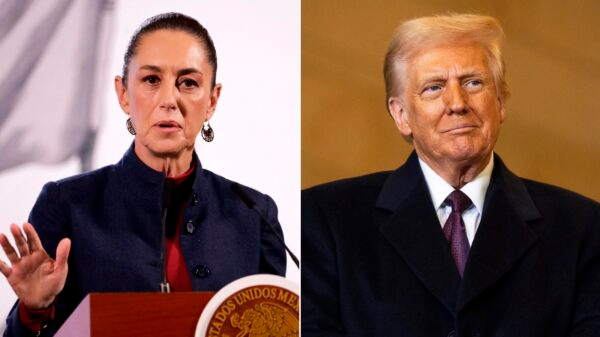 City and County of San Francisco Advertising Outreach Survey
City and County of San Francisco Advertising Outreach Survey
The Board of Supervisors is evaluating the effectiveness of its advertising outreach. Did you find the information in this announcement useful or interesting? What types of articles would you like to see? Send your comments to (415) 554-7710 or email board.of.supervisors@sfgov.org. Please include the name and date of publication.
Grant Opportunity for the Lease of the Concourse C Cafeteria at San Francisco International Airport (SFO)
SFO is preparing to conduct a competitive selection process through a Request for Proposals (RFP) for the lease of the Concourse C Cafeteria. You are invited to attend the informational conference scheduled for Wednesday, November 20, 2022, at 10:00 a.m. in the SFO Business Center located at 575 N. McDonnell Road, second floor, SFO. This is a time for staff to discuss the desired concept, minimum qualification requirements, address any questions related to the lease, and receive comments from interested parties. Written comments and recommendations will be accepted until 5:00 p.m. on November 27, 2022. Visit our website at http://www.flysfo.com/business-at-sfo/current-opportunities for specific information on each available lease. For additional information, please call Demitri Tarabini, Airport Development and Revenue Management, at (650) 821-4500.
Office of Community Investment and Infrastructure
MissionBay Development Group, LLC is seeking contractors for the Park P6 project. The scope of work for this project includes demolition, storm drainage, sewer and water mains, grading, landscaping and irrigation, electrical, site furnishings, architectural elements, fencing, play structures, resilient surfacing, resin paving, concrete paving, and pavers. Contractors wishing to participate are strongly encouraged to submit bids. A set of bid documents will be distributed to each interested contractor. Contact Shaula Kumaishide Alta Engineering Group, Inc. at (415) 355-6627 to pick up a kit at the Mission Bay office, 410 China Basin Street, San Francisco, CA 94158.
Port of San Francisco
The Port of San Francisco announces Contract No. 2767, Fisherman’s Wharf Triangle Lot SWL 321 Pedestrian Circulation Improvement. Located at the entrance to Fisherman’s Wharf, the general scope of work will consist of constructing new curb ramps, traffic islands, and walkways. Bidders must be Class A licensed, and only San Francisco-certified Micro-LBE contractors are eligible to bid on this reserved contract. No bid discounts, LBE targets, local contracting, or partnerships apply. Mandatory pre-bid meeting: 11/19/22, 10 a.m. at Pier 1 and bid deadline: 3/12/22, 10:30 a.m., Pier 1. If you have questions, please contact Ken Chu, (415) 274-0593. Information is available at www.sfport.com and www.sfgov.org/oca.
Tell us where you need curb ramps!
Do you use a wheelchair, walker, or scooter? Having trouble getting to the nearest transit stop? You can request a curb ramp in your area by calling 311. There are 50,000 curb ramp locations in San Francisco, and we’re trying to reach them all. Simply note the intersection and tell the friendly 311 operator how a curb ramp would improve access to your neighborhood. We appreciate your help. A project of the San Francisco Department of Public Works and the Mayor’s Office on Disability. The City and County of San Francisco encourages public outreach. Articles are translated into several languages to facilitate public access. The newspaper makes every effort to accurately translate articles of general interest. The City and County of San Francisco or the newspapers assume no responsibility for errors or omissions.














